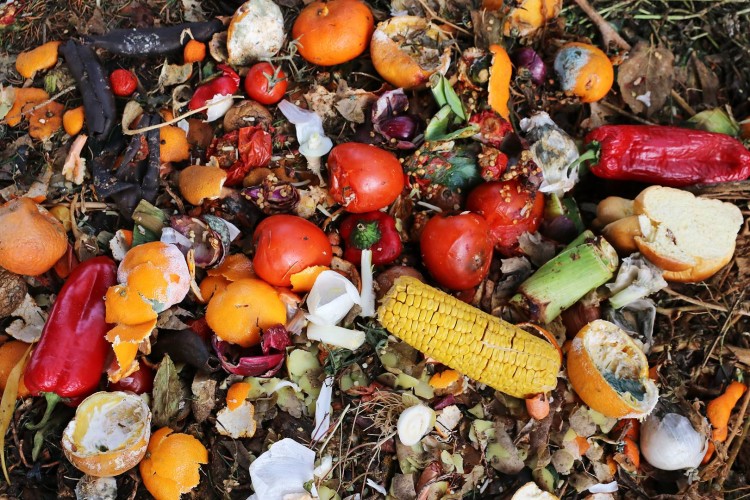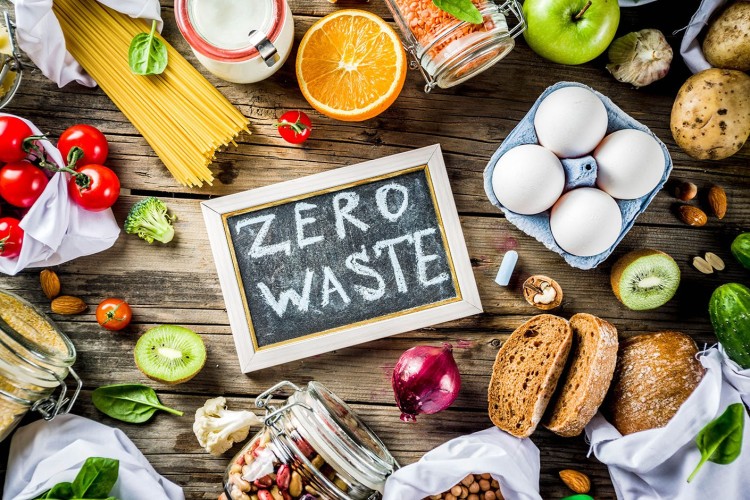
The Food Waste Problem in Canada
According to the National Zero Waste Council’s research on household food waste in Canada, almost 2.3 million tonnes of edible food is wasted EACH year, costing Canadians in excess of $21 billion.
In addition to the economic costs, food waste has substantial environmental impacts.
Wasted food squanders the resources used to grow, produce and distribute that food to consumers and produces greenhouse gas emissions that contribute to climate change.
If food goes to the landfill and rots, it produces methane—a greenhouse gas much stronger than carbon dioxide.
Canada’s 2.3 million tonnes of avoidable household food waste is equivalent to 6.9 million tonnes of CO2 and more than 2 million cars on the road.
Think about it…
Next time you’re reaching for the vegetables in the grocery store or placing an extra carton of milk in your cart, think twice. “Do I really need it right now? Am I able to consume it before it will most likely go bad?” If your response to those questions is no, come back next time and purchase it!
References:
City of Toronto. “Food Waste.” City of Toronto, City of Toronto, 26 Jan. 2024, www.toronto.ca/services-payments/recycling-organics-garbage/long-term-waste-strategy/waste-reduction/food-waste/.
WWF. “Fight Climate Change by Preventing Food Waste.” World Wildlife Fund, 2022, www.worldwildlife.org/stories/fight-climate-change-by-preventing-food-waste#:~:text=But%20wasted%20food%20isn.




